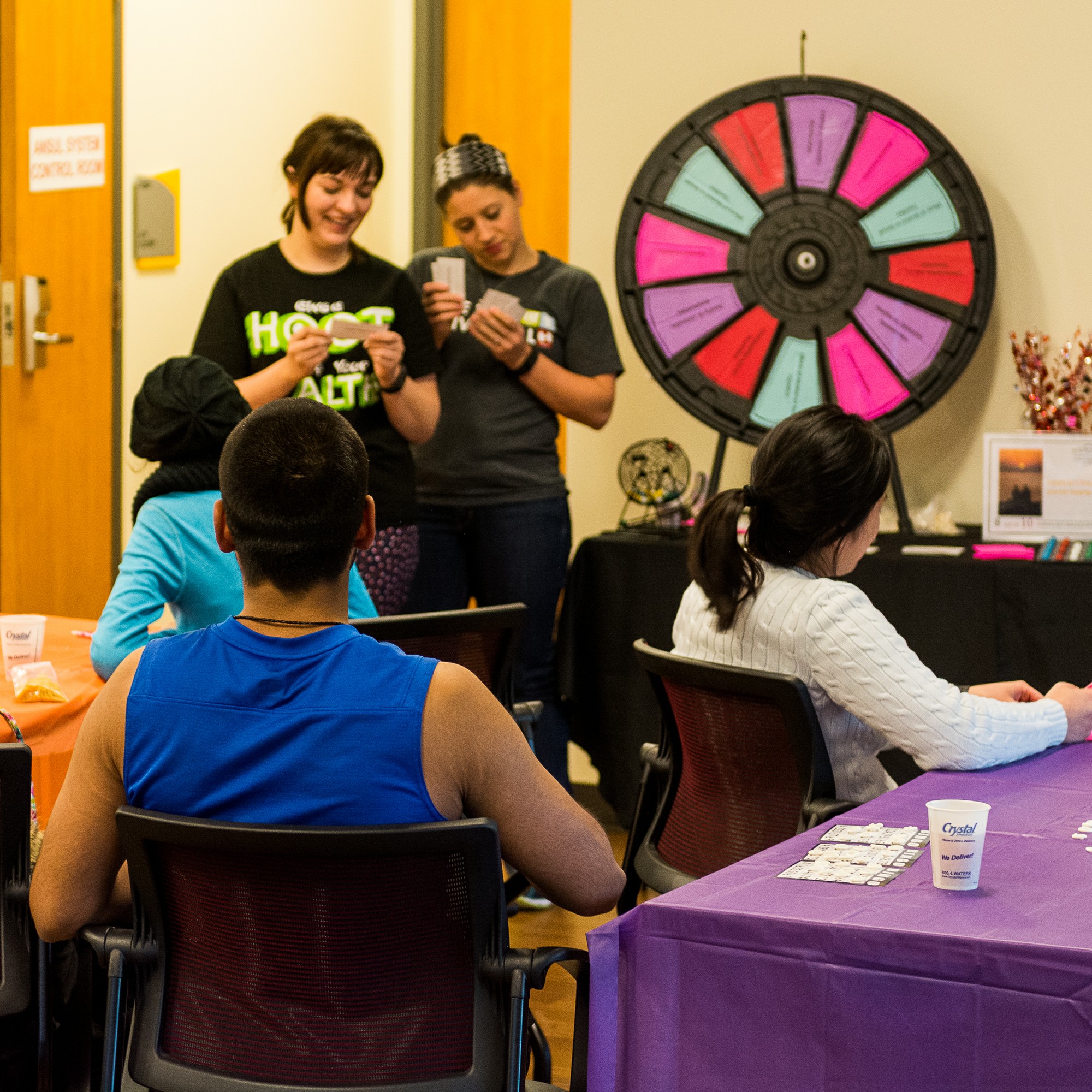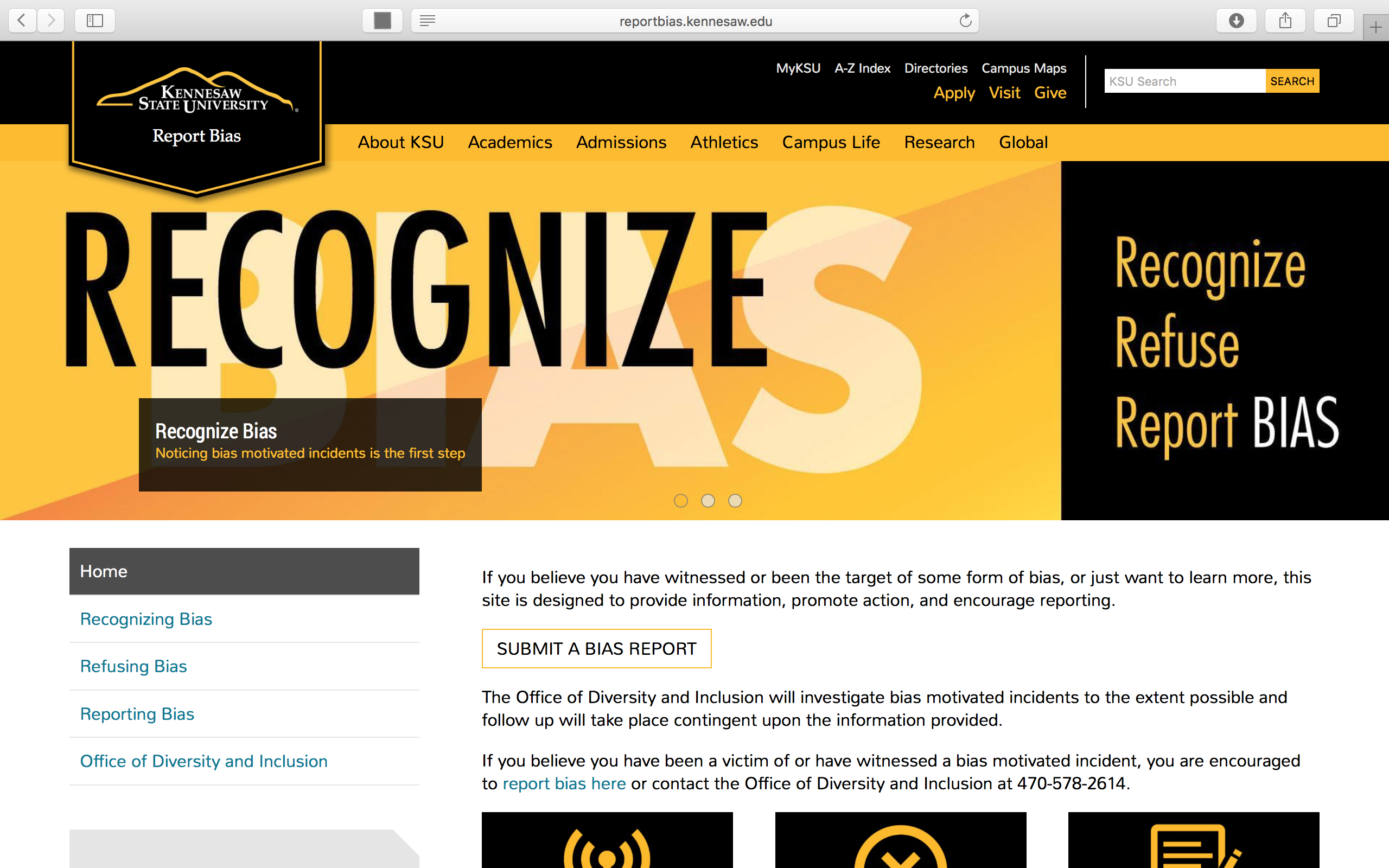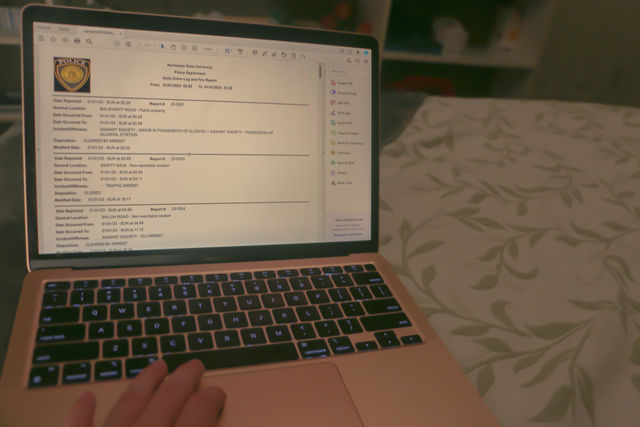The Peer Health Outreach & Wellness Leaders, also known as OWLs, along with the Center for Health Promotion and Wellness at Kennesaw State University hosted Sexual Responsibility Week Feb. 10-11.
The Peer Health OWLs organize this awareness week every year a few days before Valentine’s Day to give students an opportunity to get tested for sexually transmitted diseases, learn important information about sex and gain access to free condoms.
Thursday’s first event featured free rapid HIV and Hepatitis C testing. Sponsored by Cobb County and Douglas County Community Service Board, tests were quick and students received their results after about 20 minutes. The community service boards gave students a water bottle filled with sexual goodies as an incentive for getting tested.
Students who attended also built their own “Heart’s Desire” trail mix bag, learned how to make a nonalcoholic cocktail called a “Safer Sex on the Beach” and played a picture-matching game called “12 Steps of Condom Use.” Many students were shocked to realize they weren’t using or disposing of condoms properly.
“I think we should have more sexual programs to help better educate students,” Simisola Mark, a junior studying accounting, said.
Melissa Mesman is the peer health educator coordinator, and she enjoys having the events on a smaller scale to interact with students in a more personal setting. In the future, she says the Peer Health OWLs and the Center for Health Promotion and Wellness, along with the Cobb County and Douglas County Community Service Board, will provide free rapid HIV and Hepatitis C testing at least once a month.
The second event to take place Thursday was “Sexual TRINGO,” a mashup of trivia and bingo. The questions asked were very informative and had a lot of students absorbing new information. The bingo chips used were made to look like small condoms. The event also gave students key K.L.U.E.S. to getting intimate this Valentine’s Day weekend, which stands for “Kiss and tell; Love means many things; Understand contraceptives; Educate yourself; Stay safe.”
All of the events taught students more about contraception, STD prevention methods, healthy and unhealthy relationships, consent and the effect of alcohol on sexual functions. While some students may feel uncomfortable talking about sex, it’s the job of the Peer Health OWLs to start that dialogue.
“I like how open everyone is when talking about safe sex,” said Mark Walker, a freshman studying computer science. “It’s not like high school.”
The Peer Health OWLs’ goal is to provide fun, interactive programs for students in classroom settings, fraternities, sororities, on-campus housing, student groups and organizations as well as health promotion campaigns on campus. The topics they cover include alcohol awareness, body image, HIV and AIDS prevention, introduction to wellness, interpersonal violence awareness, STD prevention, stress management and how to form better sleeping habits. For more information, students can also set up one-on-one sessions with Peer Health Outreach & Wellness Leaders.




